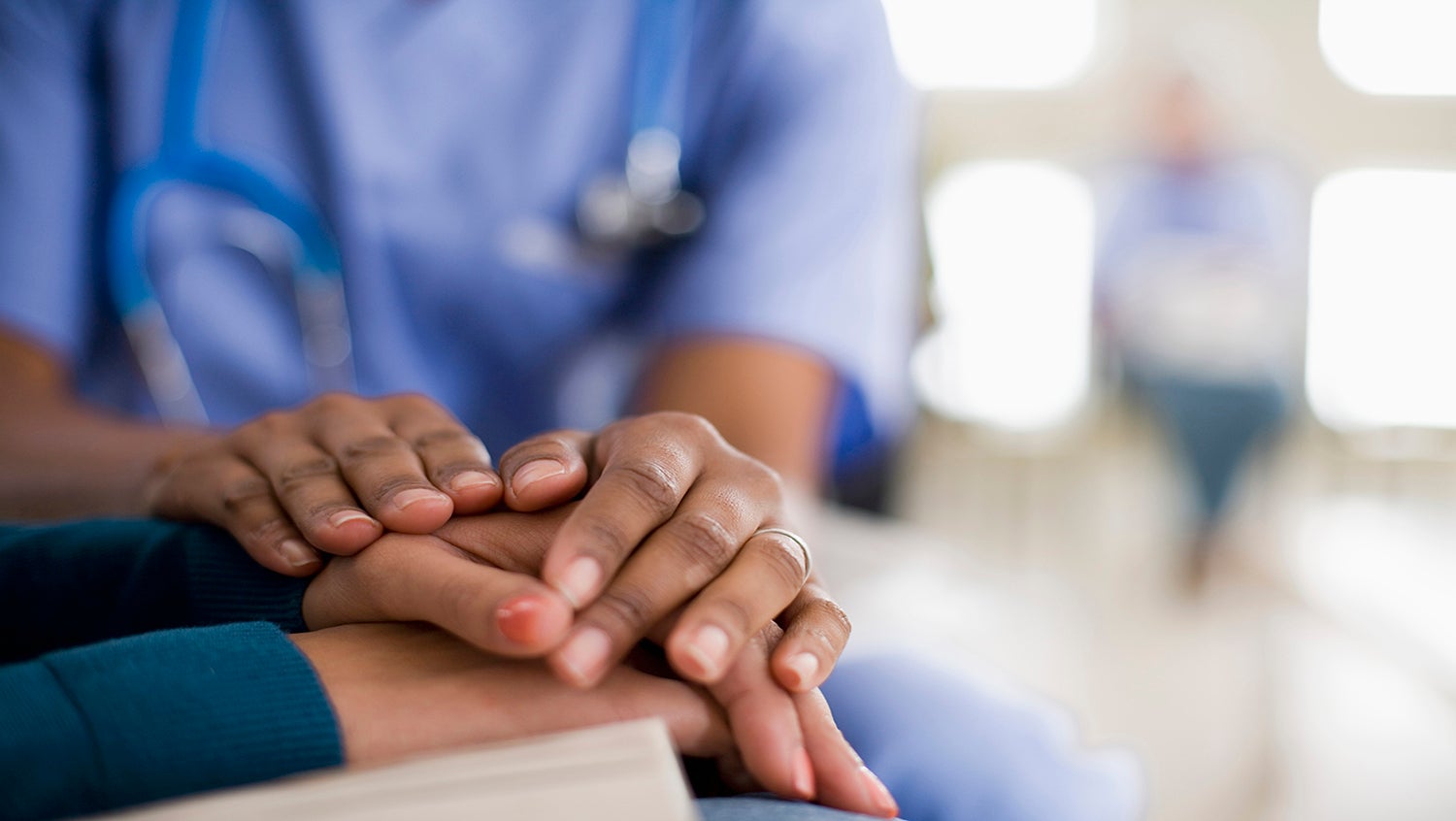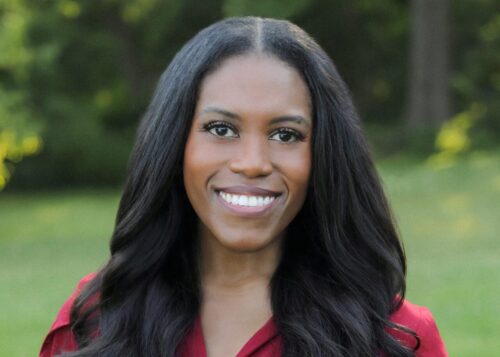Abortion Is Health Care: Access is Crucial
July 7, 2022

Fuse, Getty Images
BMC reaffirms unwavering commitment to maintaining reproductive justice.
Following the Dobbs v. Jackson Women’s Health Organization ruling that revokes the right to abortion, I feel betrayed by my country for limiting full autonomy over my body–the most essential human right there is. But I am not naïve. As a white woman in a comfortable economic position, my privilege protects me from the worst of what’s coming. The people who will receive the brunt of the Supreme Court’s recent abortion ruling are people of color, people with disabilities, and LGBTQ+ people, who already have a hard time accessing abortion services.
We are unwillingly entering an era where people will be forced to continue pregnancies that their various circumstances (level of access to financial, educational, social, health resources, etc.) may not allow for, in a climate where they’re at higher risk of serious injury or death. But make no mistake; the limitations on abortion access did not start with the Dobbs decision. Since Roe v. Wade passed in 1973, states have passed 1,381 separate restrictions on abortion care that disproportionately affect people of color.
Reproductive justice and the role of family planning
Coined in 1994, by a group of women of color who later expanded to become Sister Song, “reproductive justice” is a phrase that combines reproductive rights and social justice. The term and the movement by the same name recognize the 400-year history of reproductive coercion in this country, and assert that abortion rights are only one essential part of what we need to protect our human right to reproductive health. Reproductive justice is a framework that includes three different rights:
- The right to have a child.
- The right to not have a child.
- The right to parent your children in a safe and healthy environment.
At BMC, BEACON: Family Planning and Pregnancy Loss Services helps our patients decide when and if they want to become pregnant. We care for people who want to delay or prevent pregnancy, have a pregnancy loss and need help with the end of the pregnancy, or are pregnant and are not ready or do not want to be pregnant. We are a proud part of the reproductive health services BMC provides, and I am grateful that everyone working within our healthcare system supports the mission of family planning.
As part of BEACON, I run the BEACON Research Team. We’re currently in our fourth year of a five-year state-funded project called Partners in Contraceptive Choice and Knowledge (PICCK) to improve the access to and quality of contraceptive services in Massachusetts birth hospitals.
With a fabulous community advisory board helping us, we’ve been able to look at questions like, “What does it means to counsel people about birth control?” and “What do patients need to and want to hear from their clinician regarding contraception?” I’m hoping that one of the legacies of this project is changing the dynamic and the course of family planning counseling. Patients will truly trust that their doctors are going to partner with them and not make decisions for them.
Widened inequities and ripple effects of the Dobbs ruling
Though our state legislature has codified the right to abortion in Massachusetts, I worry about the impact the Supreme Court ruling will have on the patients with challenging circumstances that we so proudly care for at BMC. We have already received many messages from people in our community who aren’t sure if abortion is legal in Massachusetts and are afraid to talk to us. We are working to spread the message to all our patients that they can still receive abortion care at BMC legally, safely, and whenever they need it.
I also worry about the ripple effects the ruling will have on other kinds of reproductive health care and care completely unrelated to abortion. In some states, miscarriage care and the treatment of ectopic pregnancies are now in jeopardy. Moreover, there are dire educational implications to these bans. In states that ban abortion, many medical students and residents will not have baseline essential skills to take care of patients when they finish their training.
Lastly, I fear that the Dobbs decision is going to bring out the paternalistic and protective nature of providers, leading to pressuring patients into using contraception. Even in states that are banning abortion, it is not a doctor’s job to protect a patient from unintended pregnancy or to decide when and if patients use birth control. It is our job to partner with our patients and give them all the information they need to make the best decision for their lives.
Remaining hopeful but not complacent
Massachusetts is still one of the best states for health care, as it maintains its commitment to high quality comprehensive care for all people, and I am relieved and grateful that it remains so for reproductive health care. But now is not a time to get complacent. We need to continue to talk about the importance of safe abortion care and continue to be activated. I’m hopeful the conversation will then shift even more, slowly mobilizing the forces that will eventually help to reverse this decision. It won’t happen overnight, but I have to believe that people will understand how essential safe abortion care is to our ability to live as actualized human beings.
For a long time, we have let the anti-abortion forces drive the messaging around abortion — that it is something to be ashamed of, that we don’t want to talk about. Now, we’re starting to bring abortion out into the open. There’s something so powerful about just having the word “abortion” in the headlines because abortion is essential for all people who can become pregnant. Abortion is health care.


